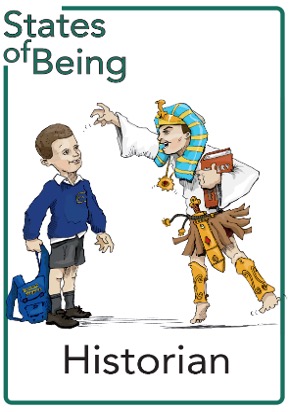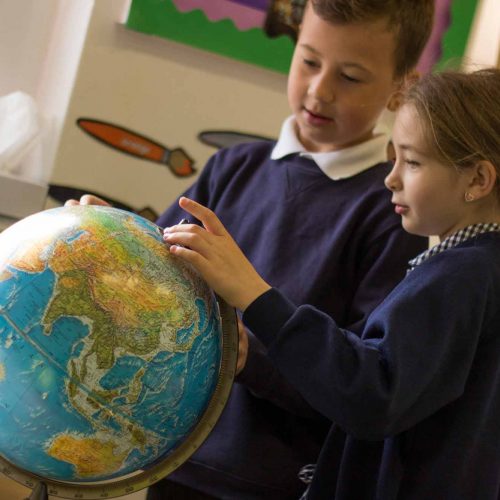Historian
Being a Historian at Filton Avenue
Keeping History local
We believe that the best way to learn about history is through initially keeping it local so that it is more relatable, more tangible and more memorable. Once children have an understanding of their local area and how it has changed over time, this can then be expanded to the wider world. Doing this also enables learners to embody the role of historians, as they have more sources at their fingertips when uncovering what happened in the past.
How were lives changed forever in World War One?
When children learn about World War One, they are often considering soldiers in a more abstract sense and are learning about battles that occurred far away from home, in a place they most likely haven’t been. When our learners carry out their World War One enquiry they focus on the Whiteford brothers who lived in St George, Bristol. One brother was a conscientious objector, one a solider and one drove ambulances. They can consider how far the brother had to travel to fight and consider how Bristolians’ lives changed as a result of the Great War.
Who is trading with whom?
In this enquiry, learners consider trade, within the context of Bristol. Who did Bristol trade with? How did trade change over time? What was the sugar trade? Children visit the Bristol Underfall yard and harbour to contextualise it further.
National Curriculum coverage linked to our enquiries
Being a Historian newsletter (to follow)
If you want to be a Historian at home, try looking at these websites:
- History for Kids – Fun Facts and Social Studies
- BBC – History For Kids
- History Primary Resources | National Geographic Kids (natgeokids.com)
- How can I be a historian? – BBC Bitesize
- SS Great Britain (matterport.com)
- Bristol Museums | Exhibitions Online
- History | DK Find Out!
- https://www.bbc.co.uk/teach/ks1-history/z6h3jhv





